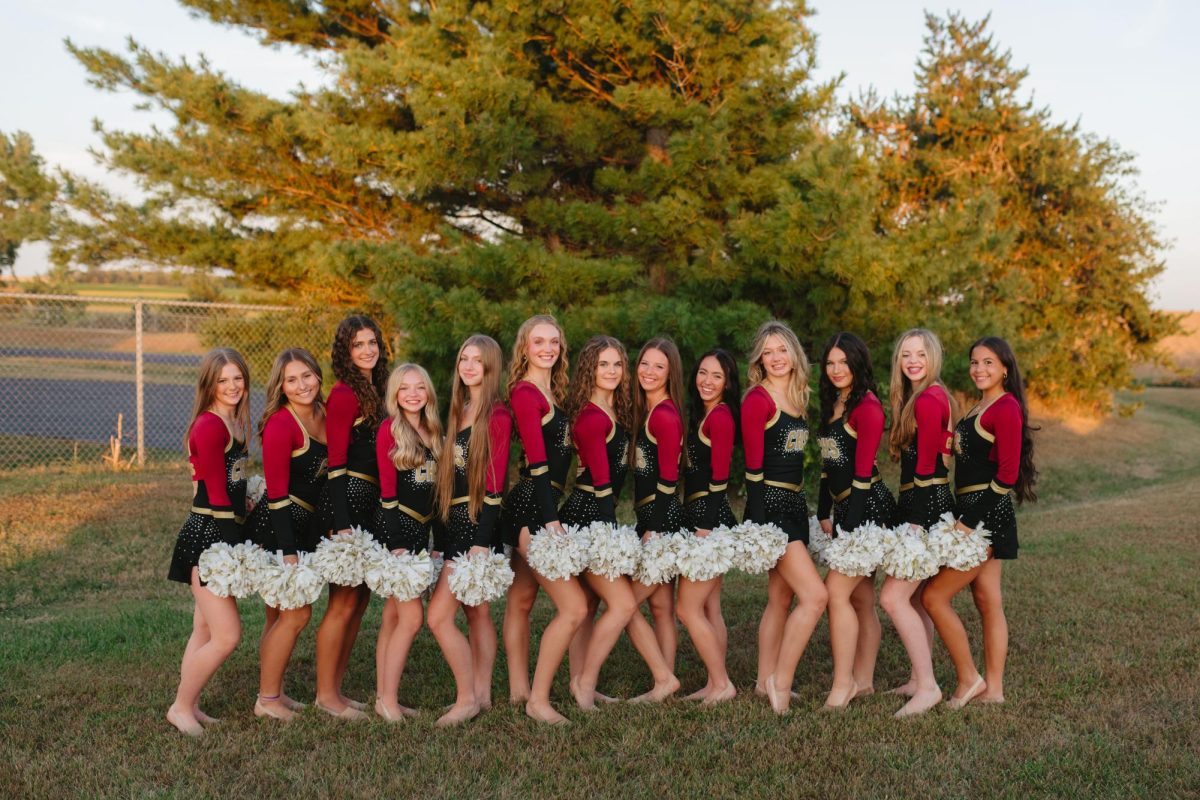Murray, NEB- Throughout history, women have been through challenges and accomplishments that have been overlooked by many. The month of March is an important month to remember all the strong women from our past and recognize women in our present. This month serves as a time to celebrate the efforts of women, raise awareness of women’s issues, and promote gender equality.
Feminism has a long history starting in the early 20th century. This movement began with the discussion of women’s legal rights, specifically women’s suffrage. Eventually women were granted the right to vote in 1920 with the addition of the 19th amendment in the U.S. Constitution. The 1960s-1980s, was a period of strong activism and social change in topics including reproductive rights, work equality, and gender roles. This was when there was a rise of protests, feminist groups, and legal battles for gender equality. Feminism has grown to a movement of equal rights for all of society. Activsm for LGBTQ+ rights, reproductive and environmental justice, and cultural representation is often seen today.
The origins of Women’s History Month began on March 8, 1911 when the first International Women’s Day was recognized. The celebration of women’s achievements and contributions carried on through the 20th century. In the United States there was growing recognition of women’s history that led to the establishment of Women’s History Week in 1980. Following that, the National Women’s Alliance took their case to Congress to change that week-long celebration to last a whole month. March became identified as Women’s History Month in the U.S. and has now evolved into a worldwide celebration.
Here are some of the many women that should be recognized and honored this month for their achievements and contributions:
Marie Curie- The first woman to win a Nobel Prize and the only person to win a Nobel Prize in two different fields.
Malala Yousafzi- An advocate for girls’ education and the youngest receiver of a Nobel Prize.
Rosa Parks- Known for her role in the Montgomery Bus Boycott and called “Mother of the Civil Rights Movement”.
Susan B. Anthony- A crucial figure for the women’s suffrage movement in the U.S.
Sojurner Truth- Known for her speech “Ain’t I a Woman ” and is a prominent abolitionist and women’s right activist.
Harriet Tubman- An African American political activist who escaped slavery and paved the road to freedom for hundreds of other enslaved people.
Michelle Obama- First African American First Lady of the U.S. and is an advocate for education, health, and women’s rights.
Frida Kahlo- A Mexican artist known for her bold depiction of her culture traditions.
The journey to gender equality has come a long way but there is still much work to do in our society. Malala Yousafzi said, “I raise up my voice—not so that I can shout, but so that those without a voice can be heard…We cannot all succeed when half of us are held back.”











